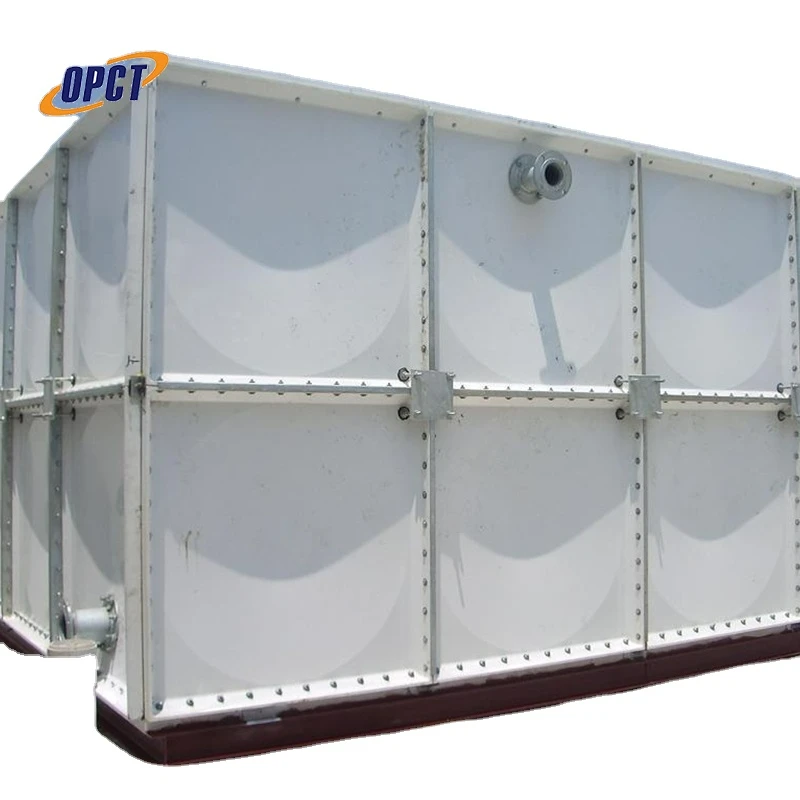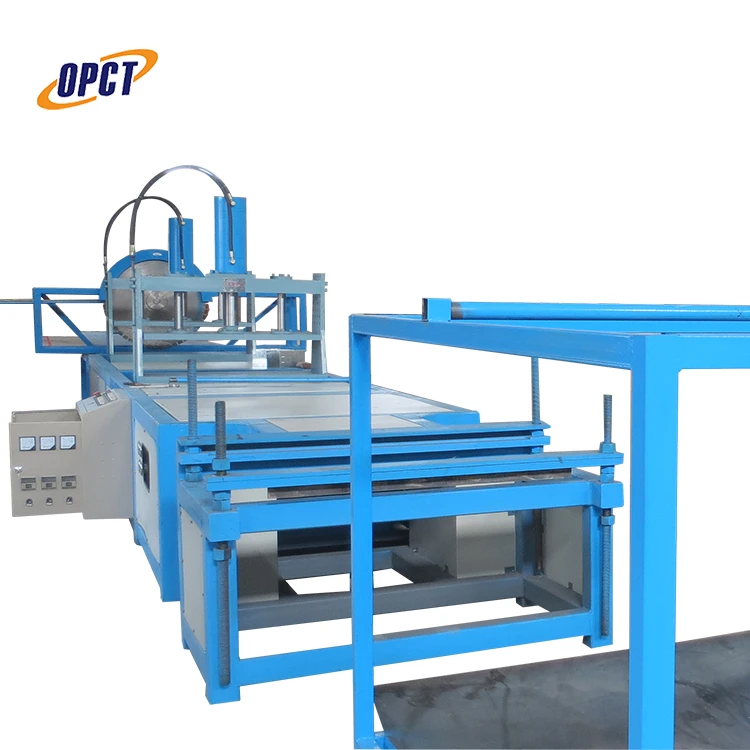Fiberglass products have been silently revolutionizing various industries, offering unmatched versatility, durability, and cost-effectiveness. These products, crafted through a delicate process of weaving fine fibers of glass into fabric, effectively combined with resin, stand out due to their exemplary properties and a wide range of applications.

In marine industries, fiberglass has been a go-to material for boat manufacturers. The inherent resistance to corrosion and high strength-to-weight ratio makes fiberglass ideal for both commercial and recreational vessels. Unlike traditional wooden or metal boats, fiberglass vessels do not rot or rust over time, ensuring longevity and reduced maintenance costs. Maritime professionals emphasize the ease of forming fiberglass into intricate shapes, which allows for innovative boat design and enhanced hydrodynamics.
The automotive sector also benefits greatly from fiberglass products. As the industry leans more towards fuel efficiency and eco-friendly solutions, fiberglass stands out as the material of choice. It is notably lighter than metals, contributing to the overall reduction of vehicle weight. This promotes better fuel economy without compromising strength and safety. Car enthusiasts and engineers appreciate fiberglass for its ability to be molded into aerodynamic profiles, impacting both performance and aesthetics positively.

Together with structural advantages, fiberglass plays a crucial role in energy conservation. Wind turbine blades made from fiberglass are a testament to its efficacy in sustainable applications. These blades withstand harsh weather conditions and continuous stress, demonstrating fiberglass’s resilience and adaptability. Energy experts acknowledge that the lightweight nature of these blades results in reduced mechanical load on the turbines, thereby enhancing efficiency and lifespan.
Moreover, fiberglass finds its utility in the construction industry, where the demand for innovative building materials is ever-increasing. Architects and construction professionals value fiberglass for its excellent insulating properties and fire resistance. As building standards evolve to incorporate greater energy efficiency measures, fiberglass insulation offers a reliable solution by significantly reducing heat transfer, leading to better energy conservation in residential and commercial buildings.
fiberglass products
In industrial applications, fiberglass products are used extensively in manufacturing chemical tanks and pipes. Their corrosion-resistant properties make them ideal for safely handling aggressive chemicals and extreme temperatures. Chemical engineers and safety specialists often advocate for fiberglass tanks and piping systems, as they provide a safer alternative to traditional materials, reducing the risk of leaks and contamination in sensitive environments.
Fiberglass reinforcement in infrastructure projects is gaining traction as well. Bridges and roads reinforced with fiberglass composites exhibit enhanced durability and reduced maintenance needs, outlasting their steel-reinforced counterparts. Civil engineers recognize the potential of fiberglass in extending the service life of infrastructure, contributing to economic savings and sustainability.
Fiberglass artistry cannot be overlooked. The material’s adaptability allows for the creation of complex sculptures and architectural landmarks, where its unique texture and translucence can be artistically leveraged. Artists and designers praise fiberglass for providing new avenues of expression without the constraints imposed by more traditional materials.
The continual advancement of fiberglass technology reflects an industry deeply rooted in innovation, expertise, and trust. Manufacturers and product developers prioritize quality control and standard compliance, ensuring that fiberglass products meet stringent performance criteria. This dedication to excellence underpins their authority in the material science domain, fostering consumer trust and industry credibility.
As fiberglass continues to evolve, its role in shaping the future of sustainable and innovative solutions will undoubtedly expand. Its diverse applications, coupled with ongoing research and development, promise even greater contributions to various fields, enhancing both functionality and efficiency in unique and unprecedented ways.




